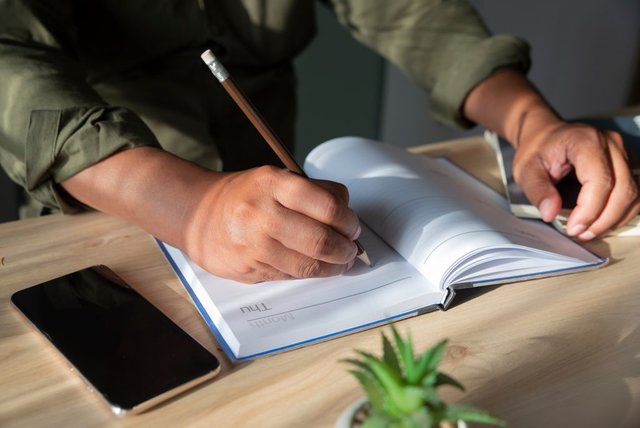How to build a daily writing habit
Writing to yourself can be a powerful method for achieving inner peace and clarity. One habit I consistently return to is the simple act of writing things down. I use a traditional pen and a classic black notebook.
In today’s fast-paced world, where everything seems to move at lightning speed, the stress levels are increasing. The sheer volume of information we face can be overwhelming.
However, this handwritten routine allows me to decelerate, organize my thoughts, and find some calm in the chaos.
Engaging in daily writing is not about crafting perfect sentences or creating polished works. It is a practice focused on finding tranquility and insight amid life’s pressures. The goal is to cultivate a sense of peace in an often turbulent environment.

For those looking to establish a daily writing routine, there are practical steps to take. It’s important to keep things simple and manageable. Here are several actionable suggestions:
First, choose the right tools. The physical sensations of writing matter. Everyone has their own preferences, so select a notebook that you find appealing and one that inspires you to put pen to paper.
Equally important is your writing instrument. Whether it's a pen, pencil, or fountain pen, use something that feels comfortable in your hand.
Next, dedicate specific time and space for your writing. Establishing a daily writing schedule can significantly enhance your commitment. Find a quiet area free from distractions. You may want to set the mood with soft lighting and calming music to create an inviting ambiance.
Consider incorporating writing prompts into your practice. Prompts are short tasks designed to ignite reflection and creativity. For instance, you could ask yourself: What am I grateful for today?
How do I feel right now? What was the highlight of the past week? What do I see outside my window? What action can I take today that my future self will appreciate? These examples illustrate how prompts can inspire your writing.
Another useful technique is to begin your day with “morning pages,” as suggested by Julia Cameron. This approach involves writing a few pages by hand every morning without overthinking or editing. Allow your thoughts to flow freely, capturing your inner dialogue as it comes.
To enhance your inner peace further, consider blending your writing habit with a brief meditation session. For example, take three minutes to close your eyes and concentrate on deep breathing before you start writing. This combination can help you enter a more focused and relaxed state.
It can also be beneficial to make a writing agreement with yourself. Rather than sharing the details of your writing with others, keep it a personal endeavor. Set a specific goal for yourself, such as writing for a certain amount of time each day. This commitment can help reinforce your habit, no matter how small the goal may seem.
Every couple of months, revisit your previous writings. Take time to read through your notes and reflect on your growth. This practice can increase your self-awareness and clarify your aspirations for the future.
Remember to write even during happy moments. Many view daily writing as a tool for tough times. While it is certainly effective in those situations, capturing positive experiences can also be incredibly valuable. Writing during joyful periods helps sustain optimism and fosters an uplifting mindset.
Finally, you might find success with the two-minute rule. This rule encourages you to write just for two minutes if you're feeling overwhelmed or stuck. It lowers the barrier to starting, reminding you that any amount of writing is worthwhile.